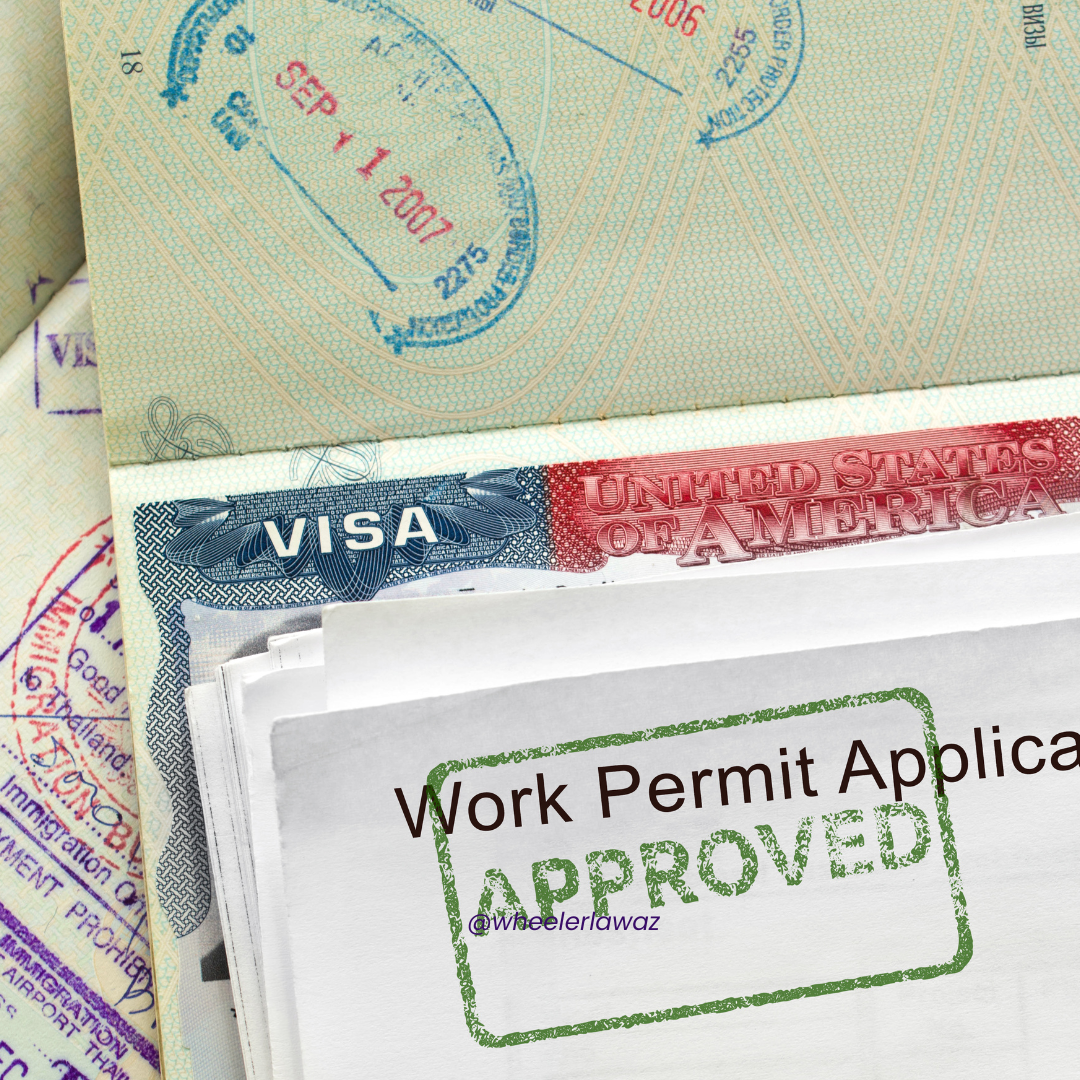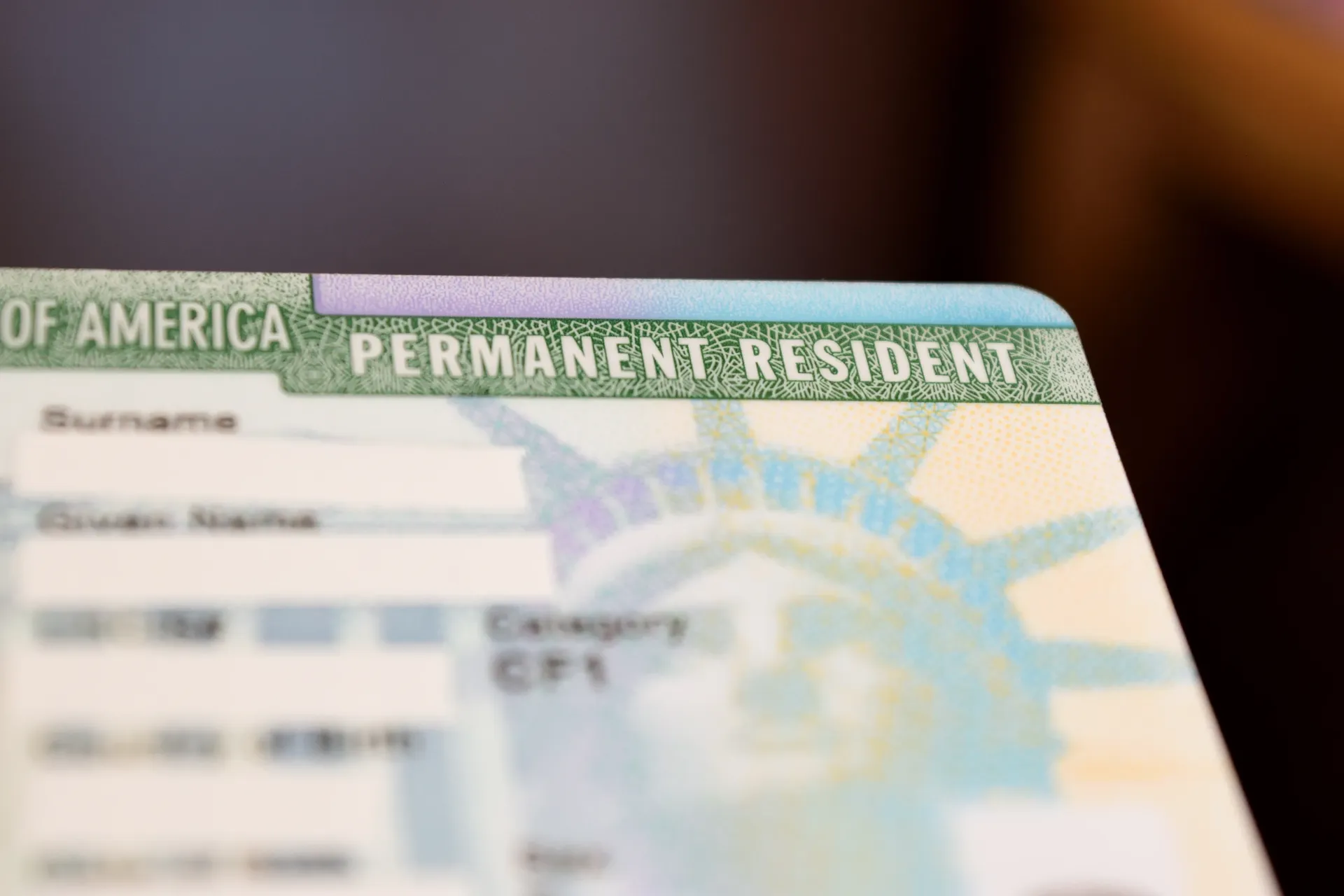Recent Challenge to Birthright Citizenship
Recent Challenge to Birthright Citizenship
Simply put, birthright citizenship is the legal principle that if someone is born in the U.S., they automatically are granted citizenship. This legal principle can be found in the Citizenship Clause doctrine, which is found in the 14th Amendment of the U.S. Constitution.
Recent Challenges to Birthright Citizenship
On January 20, 2025, President Donald Trump signed Executive Order 14160, titled "Protecting the Meaning and Value of American Citizenship." This order sought to reinterpret the Citizenship Clause of the Fourteenth Amendment, aiming to end automatic birthright citizenship for children born in the U.S. to non-citizen parents without legal permanent residency.
The executive order specifically targeted two groups:
- Children born to mothers unlawfully present in the U.S., where the father is neither a U.S. citizen nor a lawful permanent resident.
- Children born to mothers in the U.S. on temporary visas (such as student, work, or tourist visas), where the father is neither a U.S. citizen nor a lawful permanent resident.
The order stipulated that these provisions would apply to individuals born 30 days or more after its issuance, effectively from February 19, 2025.
Legal Challenges and Court Responses
The executive order faced immediate legal opposition. At least ten lawsuits were filed by various plaintiffs, including 22 state attorneys general, civil rights organizations, and immigrant advocacy groups, arguing that the order violated the Fourteenth Amendment. Several federal judges issued preliminary injunctions blocking its enforcement:
- State of Washington v. Trump: On January 23, Judge John C. Coughenour issued a temporary block on the order, calling it "blatantly unconstitutional."
- CASA Inc. v. Trump: On February 5, Judge Deborah Boardman issued a nationwide preliminary injunction, stating the order "conflicts with the plain language of the 14th Amendment."
- New Hampshire Indonesian Community Support v. Trump: On February 10, Judge Joseph N. Laplante issued a preliminary injunction blocking the order.
- State of New Jersey v. Trump: On February 13, Judge Leo Sorokin issued a nationwide preliminary injunction, emphasizing that the Constitution "confers birthright citizenship broadly."
These judicial decisions underscore the robust legal challenges facing attempts to alter the longstanding interpretation of birthright citizenship.
Current Status and Future Outlook
As of March 7, 2025, the executive order remains unenforceable due to multiple nationwide injunctions. The Department of Justice has appealed these rulings, and the matter is expected to progress through the appellate courts, potentially reaching the U.S. Supreme Court for a definitive resolution. The ongoing legal battles highlight the complexities of interpreting constitutional provisions and the challenges of enacting significant changes to established citizenship laws.
In conclusion, birthright citizenship continues to be a foundational element of American identity. While recent executive actions have sought to redefine its scope, the judiciary has thus far upheld the traditional interpretation, ensuring that the U.S. remains one of the few nations to grant citizenship to nearly all individuals born on its soil.
Wheeler Law is available to answer any other questions you may have, and/or help you take the next steps to your, or your loved ones, future. At Wheeler Law, we find creative solutions to break down the barriers holding you, or a loved one, back from obtaining legal status in the United States. Call us now to schedule a consultation: (602) 586-5625.
Follow us on
social media
for more immigration tips.









